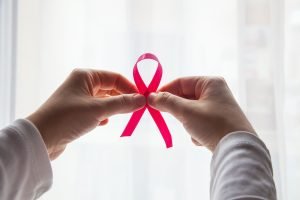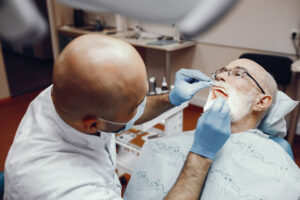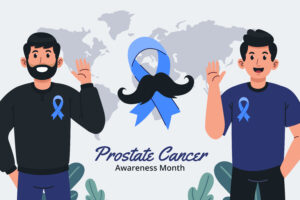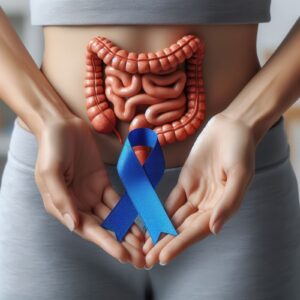Cancer is a widespread and debilitating disease that affects millions of people around the globe. Despite the fact that medical advances have enhanced cancer treatment outcomes, cancer prevention remains an essential component of the fight against the disease. Certain lifestyle behaviours play a significant role in influencing cancer risk, according to research. By implementing healthy behaviours and making positive lifestyle modifications, we can decrease the likelihood of developing cancer and enhance our overall health. In this blog, we will examine the relationship between lifestyle and cancer risk, as well as some essential cancer-prevention behaviours.

Maintain a Balanced Diet: A diet rich in fruits, vegetables, whole cereals, and lean proteins is essential for maintaining overall health and lowering the risk of cancer. Certain cancers, including colorectal and breast cancer, have been linked to diets high in processed foods, unhealthy lipids, and added sugars. Include a variety of brightly coloured fruits and vegetables in your diet, as they are rich in antioxidants and phytochemicals that protect cells from injury.
Tobacco use is one of the primary causes of cancer, accounting for various types, including lung, mouth, throat, and bladder cancer. Limit your alcohol consumption. Cessation of smoking and avoidance of secondhand smoke can substantially reduce cancer risk and improve lung health. Furthermore, excessive alcohol consumption is associated with an increased risk of liver, breast, and colorectal cancer. For optimal health, it is recommended to limit or abstain from alcohol consumption.
Regular physical activity reduces the risk of several varieties of cancer, including breast, colon, and prostate cancer. Aim for at least 150 minutes per week of moderate- or vigorous-intensity exercise. Walking, cycling, swimming, and dancing are all enjoyable ways to remain active and reduce the risk of cancer.

Maintain a Healthy Weight: Obesity has been associated with an increased risk of several types of cancer, including breast, endometrial, and pancreatic cancer. Adopting a healthy diet and remaining physically active can help maintain a healthy weight and reduce the risk of developing cancer. Consider seeking the advice of a healthcare professional or a registered dietitian if you are having difficulty with weight management.
Skin cancer, including melanoma, also in white people living in the tropics is among the most preventable forms of cancer. Utilise a sunscreen with at least 30 SPF, wear protective apparel, and seek shade during peak sun hours to protect your skin from UV rays. Examine your skin on a regular basis for any changes or unusual blemishes, and consult a dermatologist if you observe anything suspicious.
Certain human papillomavirus (HPV) strains are known to increase the risk of cervical and other malignancies. Using safe sexual practices and receiving the HPV vaccine can reduce the risk of cancers caused by HPV. Regular examinations are essential for the early detection and treatment of cervical cancer.
Chronic stress can impair the immune system and promote inflammation, potentially increasing the risk of developing cancer. Engage in activities that reduce tension, such as meditation, yoga, mindfulness practises, or time spent in nature. Also beneficial are maintaining a healthy work-life balance and requesting support from friends, family, or a counsellor.

Conclusion:
While there is no fool proof method for preventing cancer, adopting a healthy lifestyle can significantly reduce the likelihood of developing this fatal illness. You can take proactive measures towards cancer prevention and overall health by making changes such as maintaining a balanced diet, staying physically active, avoiding tobacco and excessive alcohol consumption, and protecting your skin. Remember to undertake regular medical examinations and screenings, as advised by healthcare professionals, in order to detect any potential health issues early on. Adopt a lifestyle that places a premium on your health, and let these wholesome practises serve as a shield against cancer.




